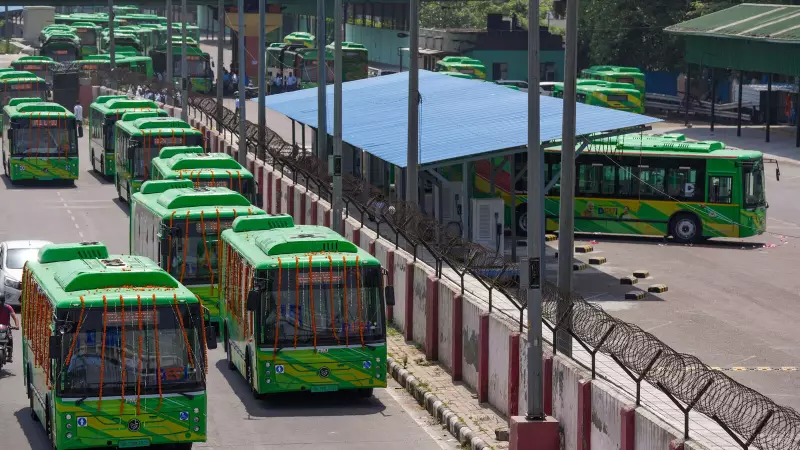
India's landmark electric bus initiative, hailed as the world's largest e-bus procurement program, is encountering significant roadblocks that threaten to slow down the country's green mobility transition. The ambitious PM E-Bus Seva scheme, designed to revolutionize public transportation across Indian cities, is facing unexpected challenges at the implementation stage.
The Scale of Ambition Meets Ground Realities
Convergence Energy Services Limited (CESL), the state-owned entity driving this massive tender, envisioned transforming urban transport with thousands of electric buses. However, the reality on the ground tells a different story. Multiple states are struggling to keep pace with the infrastructure requirements necessary to support this electric revolution.
Key Challenges Slowing the E-Bus Rollout
Inadequate State Infrastructure: Many state transport utilities lack the basic facilities needed for electric bus operations, including charging infrastructure, maintenance facilities, and trained personnel. This gap between central government ambition and state-level preparedness is becoming increasingly apparent.
Prohibitive Bidding Costs: The financial burden on potential operators has emerged as a major deterrent. The high costs associated with preparing and submitting bids, combined with uncertain returns, are keeping many qualified players from participating in the tender process.
Stringent Operational Conditions: The contract terms and performance requirements have been described as overly rigorous by several potential operators. These conditions, while ensuring quality, may be limiting participation from experienced transport operators.
The Ripple Effect on India's Green Goals
These implementation challenges come at a critical time when India is pushing for aggressive adoption of electric vehicles to meet its climate commitments. The slowdown in the e-bus program could impact the country's carbon reduction targets and urban air quality improvement plans.
The situation highlights the complex interplay between policy formulation and practical implementation in India's evolving electric mobility ecosystem. As stakeholders work to address these challenges, the future of clean public transportation in Indian cities hangs in the balance.





